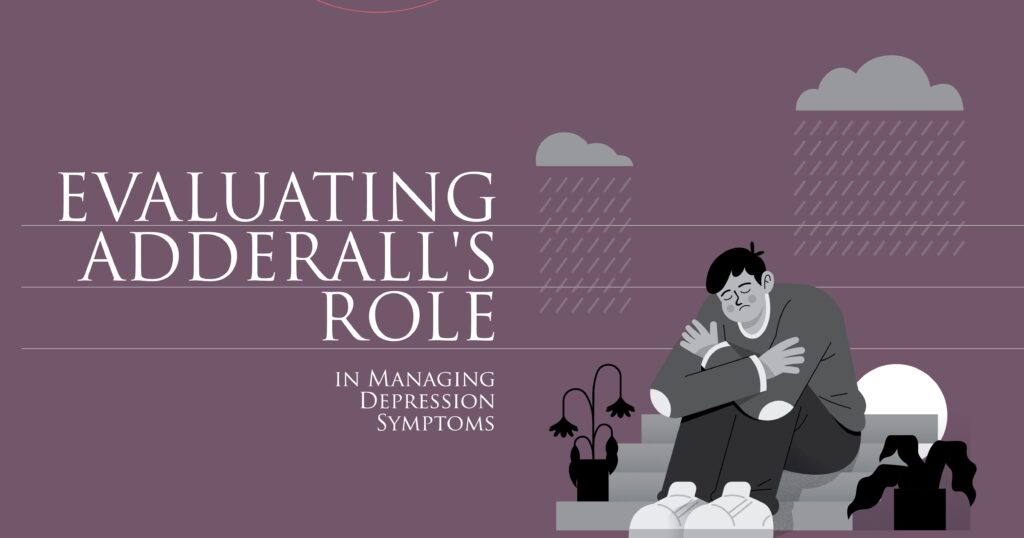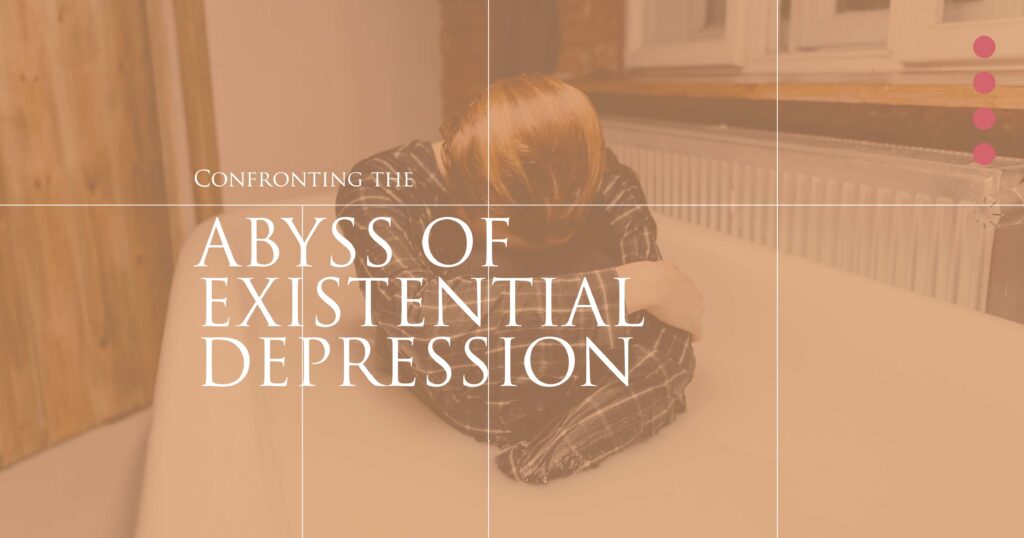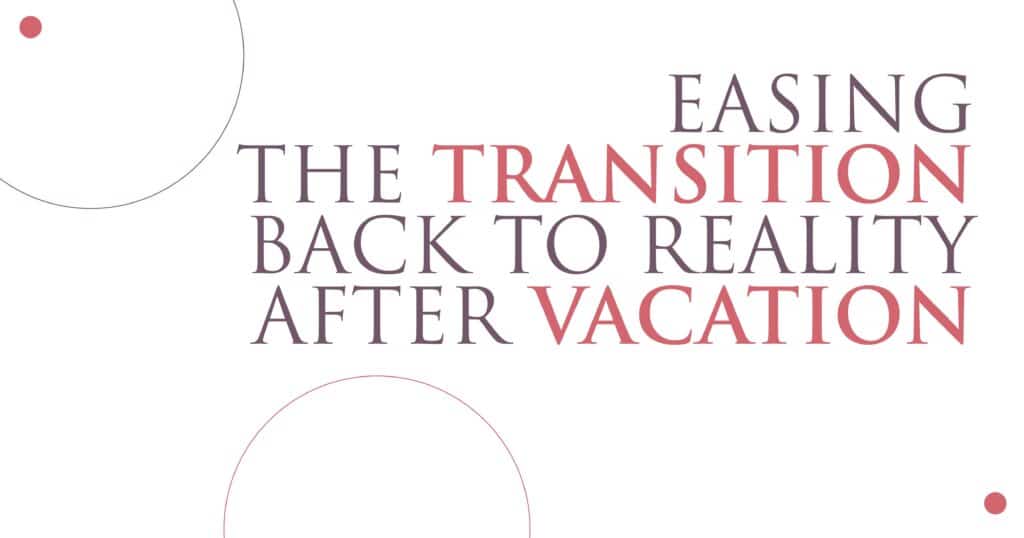Mental health challenges are no longer hidden behind closed doors. Today, people are seeking effective, flexible solutions that support healing without requiring full-time residential care.
Outpatient therapy has emerged as one of the most accessible and empowering options for individuals in need of structured care while maintaining their daily lives. If you’re exploring avenues for sustainable recovery and well-being, outpatient therapy may offer the balance of clinical expertise and personal freedom you’re searching for.
What Is Outpatient Therapy in Mental Health?
Outpatient therapy is a form of mental health treatment that allows individuals to receive professional care without being admitted to a hospital or residential facility. Unlike inpatient care, outpatient therapy enables clients to live at home while attending scheduled therapy sessions at a mental health center or clinic. This model is ideal for individuals with mild to moderate mental health concerns or those transitioning from intensive care to a more manageable treatment format.
Typically, outpatient therapy involves weekly or biweekly appointments where clients meet with mental health professionals for individual or group sessions. The flexibility of outpatient care ensures that therapy becomes a part of one’s life, not a disruption. It supports various treatments, including behavioral therapy, psychotherapy, and specialized counseling services tailored to meet the unique needs of each client.
Outpatient services also empower clients to apply coping strategies in real-time, blending therapeutic lessons with day-to-day experiences. This real-world application fosters sustainable healing and promotes autonomy in managing mental health challenges.
San Jose Mental Health
How Counseling Services Support Mental Health and Well-Being
Counseling services are integral to outpatient therapy programs. They address emotional, behavioral, and psychological challenges through guided conversations and therapeutic exercises. A trained counselor or therapist collaborates with clients to help them explore thoughts, manage emotions, and develop healthier behavioral patterns.
Unlike more rigid treatment options, outpatient counseling adapts to the client’s pace and needs. It supports:
- Emotional Regulation. Managing anxiety, depression, and emotional dysregulation.
- Interpersonal Relationships. Improving communication skills and resolving conflicts.
- Cognitive Restructuring. Changing negative thought patterns into constructive ones.

Moreover, counseling in outpatient settings emphasizes continuity of care. Sessions are structured yet flexible, ensuring clients receive ongoing support without overwhelming their schedules. Research from the National Institute of Mental Health (NIMH) highlights the importance of accessible counseling for long-term recovery and resilience.
Personalized Therapy Sessions and Their Benefits
Personalization is at the heart of effective outpatient care. Therapy sessions in outpatient settings are not one-size-fits-all; rather, therapists design individualized treatment plans based on personal history, goals, and symptom severity.
Benefits of personalized therapy sessions include:
| Targeted Treatment | Interventions are aligned with specific needs. |
| Increased Engagement | Clients feel seen and understood, promoting trust. |
| Real-Life Relevance | Coping strategies are adapted to the client’s daily environment. |
| Ongoing Adjustments | Treatment evolves as the client’s situation changes. |
Whether it’s through cognitive behavioral therapy (CBT), dialectical behavior therapy (DBT), or trauma-informed counseling, individualized care strengthens the therapeutic alliance and enhances outcomes.
Common Therapeutic Interventions in Outpatient Settings
Outpatient programs incorporate a wide array of therapeutic interventions, each chosen based on clinical assessments and client preferences. Some of the most commonly used interventions in outpatient therapy include:
- Cognitive Behavioral Therapy. Focuses on identifying and changing negative thought patterns.
- Dialectical Behavior Therapy. Helps manage intense emotions and improve interpersonal effectiveness.
- Mindfulness-Based Stress Reduction (MBSR). Uses mindfulness and meditation to reduce stress and improve mental clarity.
- Trauma-Focused Therapy. Addresses the impact of trauma on mental health.
- Solution-Focused Brief Therapy (SFBT). Concentrates on setting goals and finding solutions in the present.
These interventions are adaptable and can be combined within treatment plans, ensuring a holistic approach to mental health care.
San Jose Mental Health
The Role of Behavioral Therapy and Psychotherapy
Behavioral therapy and psychotherapy are foundational elements of outpatient treatment. Both approaches are designed to help individuals recognize problematic behaviors and thought patterns and replace them with healthier alternatives. However, they differ slightly in scope and focus.
Behavioral Therapy emphasizes modifying harmful behaviors through techniques like reinforcement, exposure, and desensitization. It’s particularly effective for conditions like anxiety disorders, phobias, and obsessive-compulsive disorder (OCD).
Psychotherapy, often called “talk therapy,” is broader, addressing emotional challenges, past traumas, and relational difficulties. Whether psychodynamic, cognitive, or interpersonal, psychotherapy helps clients explore underlying issues contributing to their mental health conditions.
Together, behavioral therapy and psychotherapy provide both surface-level and deep-healing solutions, empowering clients to make meaningful, lasting changes.
Choosing the Right Clinical Therapy Approach
With various clinical therapy options available, selecting the right approach can seem overwhelming. Factors to consider include the nature of your mental health concern, personal comfort with different therapy styles, and treatment goals. Here are some guidelines to help choose the right clinical therapy approach:
- Assess Your Needs. Identify whether your challenges are primarily behavioral, emotional, relational, or trauma-related.
- Consider Therapy Modalities.
- CBT for restructuring thoughts and behaviors.
- DBT for emotional regulation and distress tolerance.
- EMDR for trauma processing.
- Group therapy for shared support.
- Professional Guidance. Mental health professionals can conduct assessments and recommend suitable therapies.
- Evaluate Comfort Level. It’s essential to feel comfortable with your therapist and the therapeutic style for the process to be effective.
The right clinical therapy offers not only symptom relief but also personal empowerment and long-term growth.
Start Your Recovery Journey With San Jose Mental Health
At San Jose Mental Health, outpatient therapy isn’t just about clinical procedures – it’s about compassionate, personalized care that respects your unique journey. Their experienced team provides a full spectrum of outpatient services, including behavioral therapy, psychotherapy, and specialized counseling services, all aimed at guiding clients toward sustainable recovery.
With evidence-based interventions, flexible scheduling, and a supportive therapeutic environment, San Jose Mental Health empowers clients to manage their mental health without stepping away from their everyday lives.
Whether you’re navigating anxiety, depression, trauma, or other mental health challenges, outpatient therapy at San Jose Mental Health can be your pathway to healing. Take the first step today. Contact San Jose Mental Health to explore outpatient therapy and discover how professional support can help you reclaim your mental wellness.

San Jose Mental Health
FAQs
What types of therapeutic interventions are commonly used in outpatient therapy for mental health treatment?
Common interventions include cognitive behavioral therapy, dialectical behavior therapy, mindfulness practices, trauma-focused therapy, and solution-focused therapy, depending on individual needs.
How do counseling services in outpatient settings support mental health and well-being?
Counseling services help individuals explore their emotions, improve coping strategies, and develop healthier thinking patterns, all within a structured yet flexible outpatient framework.
What role does behavioral therapy play in outpatient therapy sessions for mental health?
Behavioral therapy focuses on identifying and changing unhelpful behaviors through structured techniques, supporting individuals in managing anxiety, phobias, and other behavioral challenges.
How can psychotherapy contribute to effective mental health support in outpatient therapy?
Psychotherapy offers a deeper exploration of emotional patterns and life experiences, helping clients address underlying issues and develop healthier emotional responses over time.
What clinical therapy approaches are most effective in outpatient settings for treating mental health conditions?
Effective approaches include CBT, DBT, EMDR, and trauma-informed care, tailored to individual mental health needs and goals.








